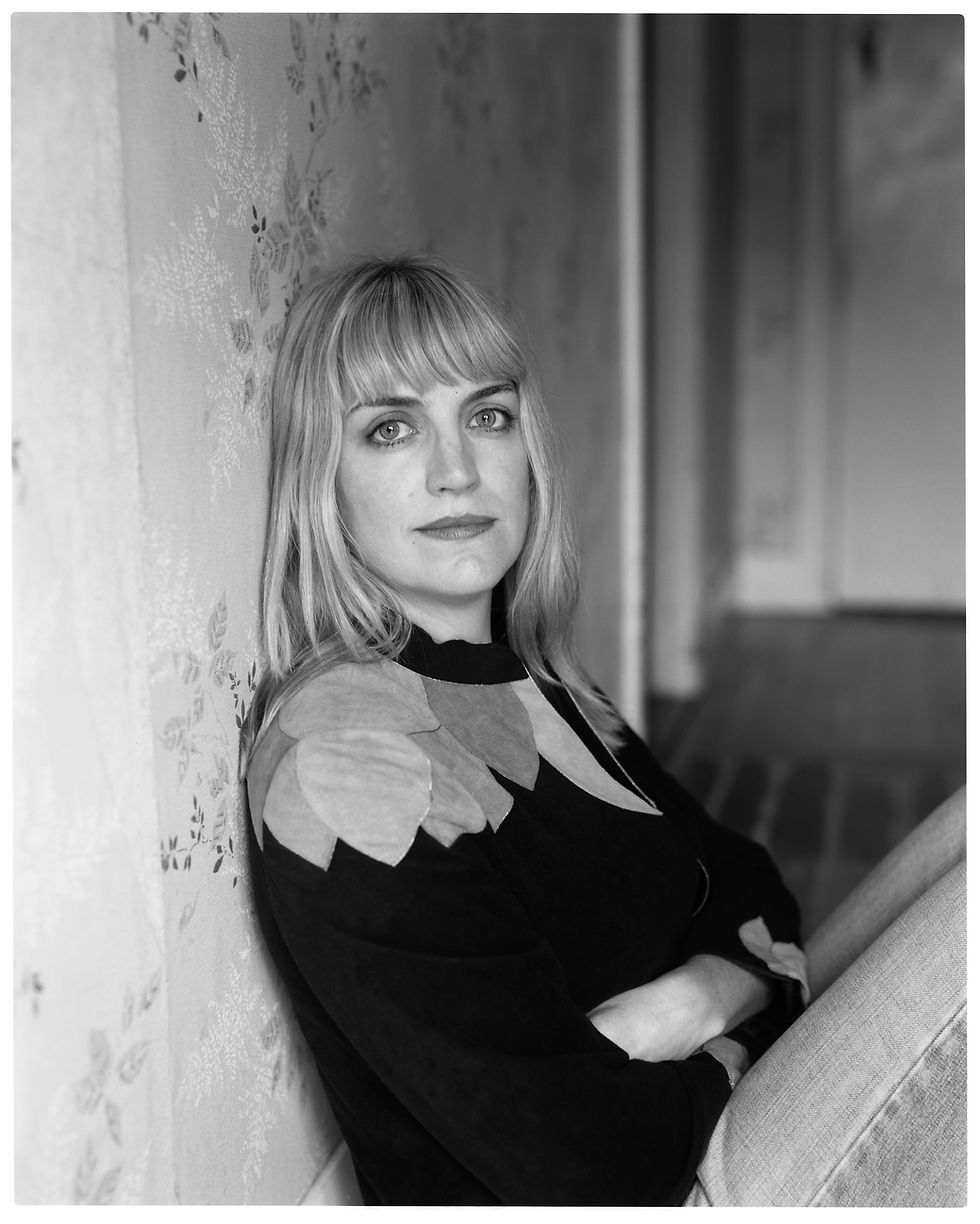FIONA APPLE – FETCH THE BOLT CUTTERS: REVIEW
- Apr 23, 2020
- 3 min read

FIONA APPLE
Fetch The Bolt Cutters (Sony)
There aren’t many who would choose the paths Fiona Apple takes on any album, or indeed in her career. Few would have the courage and the control, the sheer talent and the imagination.
Equally, few would have the looseness of hinges that hold sanity to serenity, anger to clarity, form to formula.
Which is to say these are not intrinsically bad or good paths. Apple is not special because she can seem barking mad or because she has the frankness of the post-therapy subject, just as she’s not special because her songs structurally veer wildly or because her melodies have the load-bearing strength of support beams.
Fiona Apple is not like the others in class because she can be all of these things simultaneously, maddeningly and quite often thrillingly. Take Shameika – a song I don’t even particularly like, but keep turning to - for example: barroom piano rolls in brooking no discussion and later switches back and forth from power chords to dancing feet; there’s tension between the flow and the stuttering of the melody; the collage of sounds near the end is like a badly packed dishwasher’s final cycle; the nuggets in the lyrics feel both true and fanciful; her voice has such a great tone.
There’s a power to Apple’s work that lies in part in the way your reaction – not just the first time you hear something but the fifth time or the tenth time – is what the hell was that and how does it get to me? It can be the slash in her voice during Heavy Balloon and rawness in Cosmonauts, or dogs and cats in the background of the title track and going the full Minnie Ripperton in the greasy rhythm of Ladies.
Maybe it’s the schoolyard skipping game feel of For Her that tumbles into Tusk-meets-Shake It Up and then a streak of blues, or the spat out litany of faults in Relay (“I’ll resent you for being raised right, I’ll resent you for being tall/I’ll resent you for never getting any opposition at all”) and the way the song changes shape at least four times in under five minutes.
But that WTF-ery can only be part of the impact. There’s also the utterly compelling way of telling a story, in and outside the lyrics.
When Apple’s voice warps and warbles in the early stages of Newspaper, a song seemingly built from extracts of The Jungle Line’s drums and a choir singing in a village church chapel, it’s a hint of the mix of delicate and pungent that defines the track.
Apple sings of a woman watching the latest companion of her former lover, spiked with drops of old poison (“I too use to want him to be proud of me/And then I just wanted him to make amends …. I watch him walk over, talk over you, be mean to you”), that finds common ground (“I wonder what lies he’s telling you about me/To make sure that we’ll never be friends … We were cursed the moment that he kissed us/From then on it was his big show”) and yearns for connection that even if it could happen, can’t be (“And you’re wearing time, like a flowery crown/Sitting that, sitting that big cat down … In my own way, I fell in love with you/But he’s made me a ghost to you”).
Maybe it’s just me but whenever I hear these lyrics I picture a late ‘40s or early ‘50s film, one sitting between a Sam Fuller film noir and a Douglas Sirk melodrama.
If those words have a sting, they’re nothing compared with the savage exposition of For Her which begins with “Look at how feathered his cocks are/See how seamless is frocks are” and accumulates elements of personal demolition that builds to a shocking splash of “Well good morning, good morning/You raped me in the same bed your daughter was born in”.
Apple is wholly fascinating and Fetch The Bolt Cutters never stops intriguing, right down to the closing duo of sweet pop on top of country blues in Drumset and the angular arthouse of On I Go. I’m not finding reasons to love it wholeheartedly yet, and maybe never will, but then you can argue that love is not what she’s asking for; rather, it’s attention, commitment, connection.
After all, as she says in the album’s end, “On I go not toward or away/Up until now it was day, next day/Up until now in a rush to prove/But now I only move to move”.








Comments